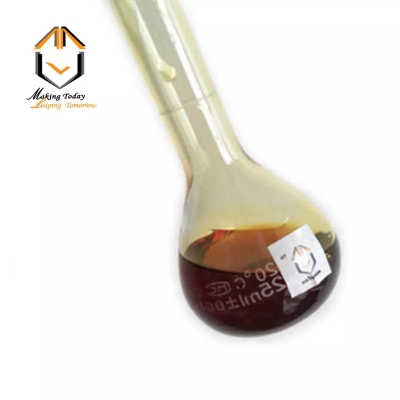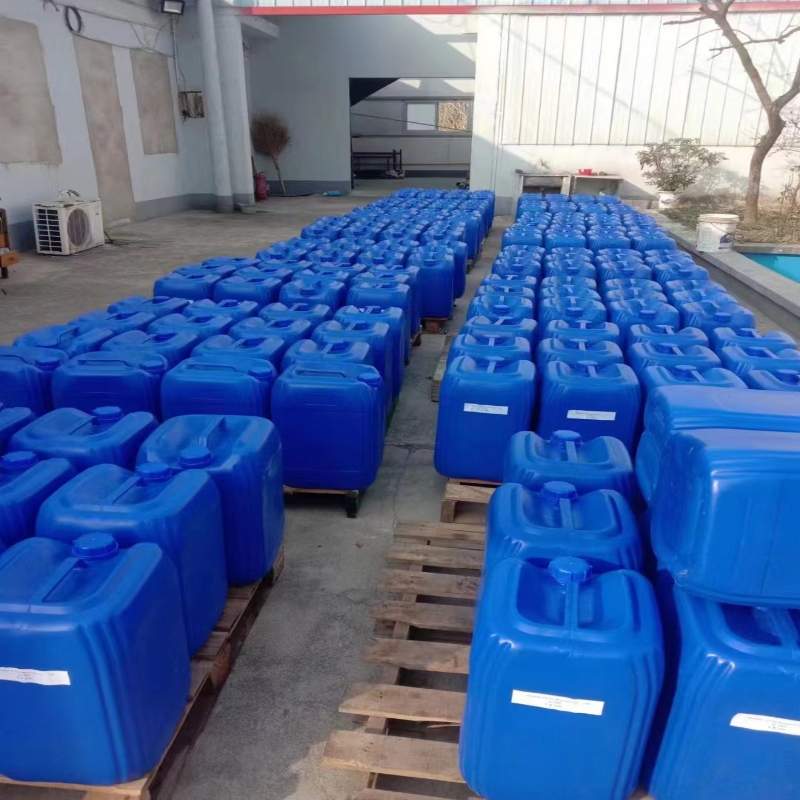-
Categories
-
Pharmaceutical Intermediates
-
Active Pharmaceutical Ingredients
-
Food Additives
- Industrial Coatings
- Agrochemicals
- Dyes and Pigments
- Surfactant
- Flavors and Fragrances
- Chemical Reagents
- Catalyst and Auxiliary
- Natural Products
- Inorganic Chemistry
-
Organic Chemistry
-
Biochemical Engineering
- Analytical Chemistry
-
Cosmetic Ingredient
- Water Treatment Chemical
-
Pharmaceutical Intermediates
Promotion
ECHEMI Mall
Wholesale
Weekly Price
Exhibition
News
-
Trade Service
Foreign news on December 1, according to a document seen by foreign media, EU governments on Thursday tentatively agreed to limit the price of Russian seaborne crude oil to $60 per barrel, and through the adjustment mechanism to keep the upper limit at a level of 5% below the market price
.
The official said the agreement would be submitted in writing to EU governments for approval on December 2
.
EU countries have been arguing for days over the details, and Poland has been trying to keep the cap as low as possible to cut Russia's income
from selling fossil fuels.
Last week, the G7's original proposal was to cap oil prices at $65-$70 a barrel without an adjustment mechanism
.
Since the price of Russian Urals crude oil has fallen, Poland, Lithuania and Estonia reject this price level, believing that the main goal
of cutting Moscow's revenues has not been achieved.
An EU diplomat said: "Based on the International Energy Agency (IEA), the price ceiling of Russian crude oil is set at $60 per barrel and adjusted to make it 5%
below the market price.
”
EU documents seen by foreign media show that the price cap will be reassessed in mid-January and reviewed every two months thereafter to assess the operation of the program and react to
possible "turbulence" in the oil market as a result.
The document said a 45-day "transition period" would apply to vessels
loaded with Russian crude by Dec.
5 and unloaded to their final destination by Jan.
19, 2023.
Russian Urals crude was trading around $70 a barrel on Thursday afternoon
.
The G7 price cap on Russian seaborne crude will come into effect on December 5, replacing the European Union's tougher sweeping ban on the purchase of Russian seaborne crude in an effort to safeguard global oil supplies, as Russia accounts for 10%
of global oil production.
The price cap was imposed to prohibit shipping, insurance and reinsurance companies from handling cargoes of Russian crude globally unless it sells for less than the cap set by the G7 and its allies
.
With the world's major shipping and insurance companies located in G7 countries, the price cap policy will make it difficult for Moscow to sell its oil
at higher prices.







